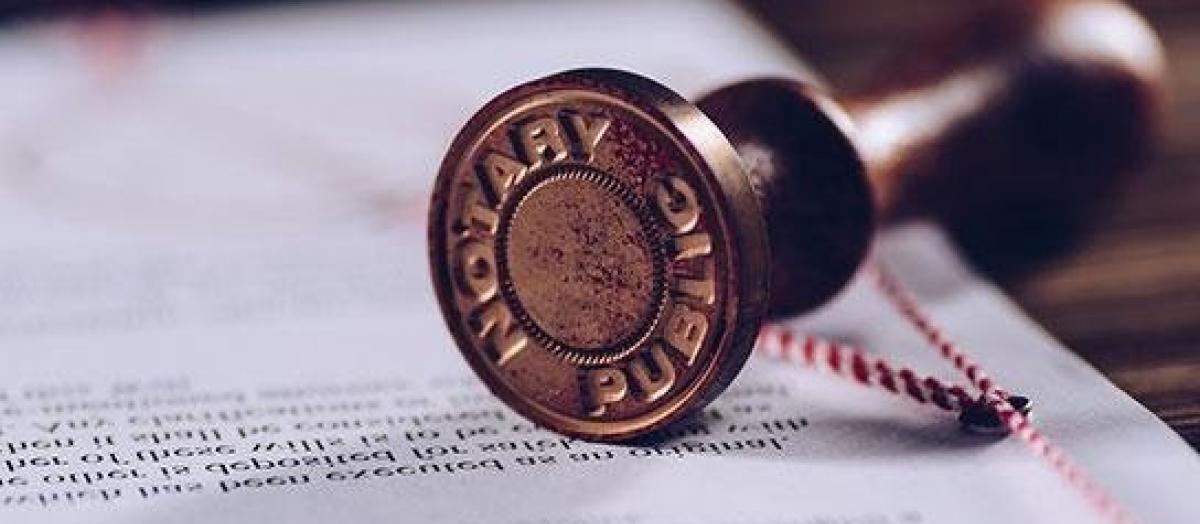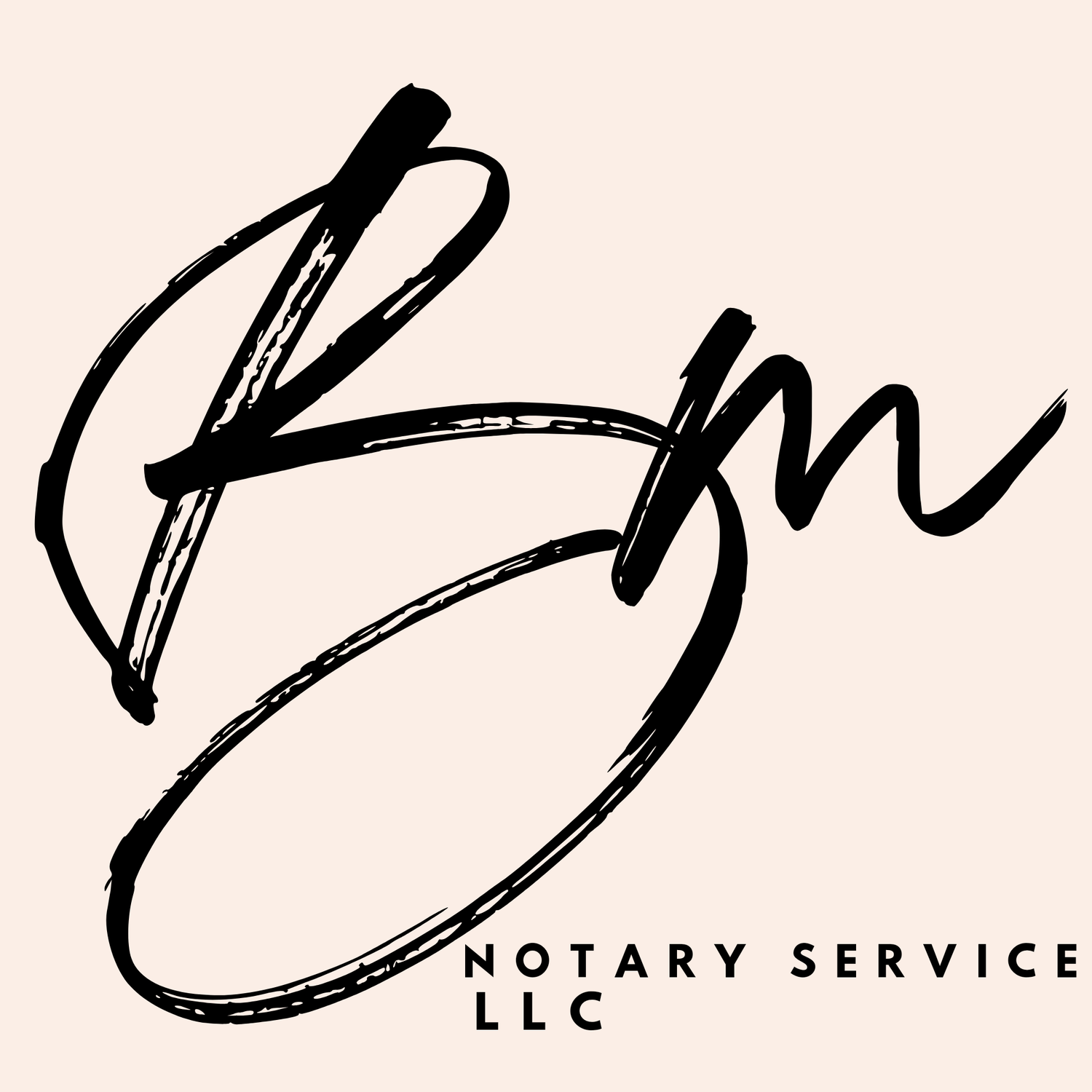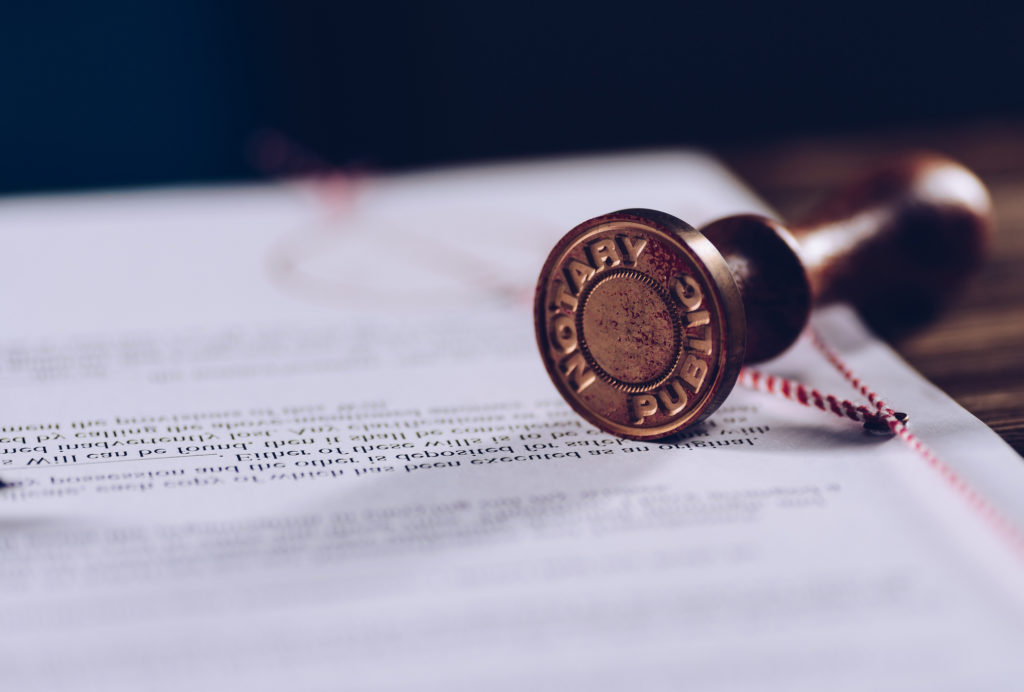Proficient Conveyancer: Promoting Smooth Property Purchases
Proficient Conveyancer: Promoting Smooth Property Purchases
Blog Article
Debunking Notarial Work: Simplifying the Duty and Significance of Notaries
Their role, typically shrouded in mystery for numerous, lugs significant weight in making certain the legitimacy and stability of important files. By deciphering the complexities losing and bordering notarial practices light on the relevance of their acts, a clearer understanding arises of the vital duty notaries play in maintaining the material of lawful and legal arrangements.
The History of Notarial Work
The background of notarial work days back to old people, where scribes played an important function in tape-recording vital information and validating records. This led to the advancement of notaries, people appointed by the state to act as unbiased witnesses in lawful matters.
During the Middle Ages, notaries got prestige in Europe, with their features increasing to include drafting lawful records, licensing signatures, and protecting documents. The increase of global profession further highlighted the value of notarial job in verifying contracts and agreements across borders.
In the contemporary age, notaries continue to play a crucial duty in lawful and service purchases by confirming identities, verifying the authenticity of papers, and protecting against fraud. Their function in accrediting the credibility of contracts includes a layer of protection and depend the ever-evolving landscape of commerce and law.

Obligations and Obligations of Notaries
Notaries play a crucial function in validating the authenticity of records and the identity of signatories. One of their primary obligations is to witness the finalizing of important papers, such as wills, agreements, and deeds, to make sure that all parties are getting in into agreements intentionally and willingly.
Moreover, notaries are entrusted with administering affirmations and vows, which are essential in legal procedures and the implementation of affidavits. They license duplicates of original documents, supplying guarantee to institutions that the copies hold true reproductions of the originals. Notaries must maintain accurate documents of all deals they manage to guarantee transparency and liability. Generally, the obligations and responsibilities of notaries are important in guarding the honesty and validity of numerous records and purchases.
Notarial Certificates and Signatures
Exhibiting thorough focus to information, notarial certificates and signatures work as important components in validating the credibility of lawful papers. Notarial certifications generally contain important information such as the day of registration, the names of the notaries, a description of the paper, and the notary's official seal. These certifications supply a clear record of the notarial act, making sure that the file can be conveniently identified and traced back to the notary that supervised the procedure.
Trademarks play an essential function in notarial job, as they represent the contract and permission of the celebrations involved. Notaries meticulously witness the finalizing of papers to verify the identification of the signatories and confirm that they are authorizing of their very own free choice. By fastening their main seal and signature to the document, notaries accredit that the essential procedures have actually been followed which the record is valid and enforceable.
Basically, notarial certificates and signatures are the characteristic of authenticity in lawful transactions, supplying assurance to all celebrations entailed that the records are legitimate and binding.
Significance of Notarial Acts

Registration Process Clarified
Explaining the notarization process offers clearness on the vital steps associated with confirming lawful papers. The registration procedure typically begins with the specific offering the paper to a notary public. The notary after that validates the endorser's identity through acceptable recognition approaches. Once the identification is validated, the notary guarantees that the private signing the record does so voluntarily and without any kind of threat.

Verdict

Notarial certificates typically consist of important details such as the day of notarization, the names of the signatories, a summary of the document, and the notary's official seal. These certificates supply a clear document of the notarial act, ensuring that the paper can be conveniently recognized and traced back to the notary who looked after the procedure.
By attaching their main seal and trademark to the document, notaries certify that the required treatments have been complied with and that the paper is legitimate and enforceable.
By verifying the identity of the notaries, verifying their readiness to get in right into the agreement, and licensing the day and area of the finalizing, notaries play a crucial role in supporting the validity of legal records.After the paper is authorized, the notary will certainly attach their official seal or stamp onto the paper.
Report this page